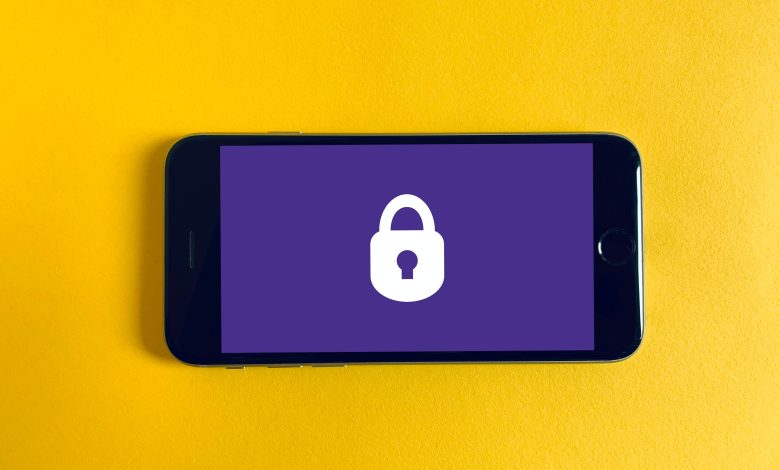185.63.253.2pp: Why This Strange IP May Be a Red Flag

With the ever-growing threat landscape on the internet, even seemingly harmless strings like 185.63.253.2pp can pose serious concerns. At first glance, this may appear to be an IP address, but its unusual ending, “2pp”, should immediately raise suspicion. Understanding how to spot suspicious online indicators is crucial for private users, system administrators, and cybersecurity professionals alike.
What Is 185.63.253.2pp?
The combination 185.63.253.2pp might suggest an IP address but includes an invalid format—IP addresses do not include alphabetic characters such as “pp”. This anomaly is often a red flag, potentially indicating:
- A spoofed or disguised address meant to lure unsuspecting victims
- A false URL representing a phishing domain
- Malware distribution or cyberespionage infrastructure
The 185.63.253.2 portion is, in fact, a real IP address. According to public IP registries, it corresponds to a block of addresses located in Europe and used by various hosting providers. However, this only adds another layer of ambiguity. Why attach nonsensical characters like “pp“? The most likely answer is deception.
Why the Extra Suffix Could Be Malicious
Adding extra characters to what resembles an IP address is a known tactic used by bad actors to disguise malicious activity. Here’s why:
- Mimicking Trustworthy Formats: Attackers depend on users reading quickly or skimming. Seeing numbers grouped in four segments separated by dots can appear legitimate.
- Evading Filters and Bot Detection: Automated filters may ignore or overlook partially malformed inputs, allowing malicious traffic to slip through under radar.
- Triggering Curiosity or Confusion: Users may click on or research the address, inadvertently interacting with phishing content or malicious software.
For web developers, network administrators, or even interested users, examining logs that contain references to addresses like 185.63.253.2pp may reveal connections to unknown or non-standard sources—an early warning sign of nefarious behavior.
[ai-img]cybersecurity, phishing, strange address[/ai-img]Examples from Recent Threat Reports
Several cybersecurity organizations have reported a rise in unconventional IP-like strings being used in phishing campaigns and botnet command-and-control servers. Often, these patterns appear in spam messages, fake login links, or mobile notifications. Once clicked, users end up redirected to domains filled with malicious scripts or prompted to enter login credentials, which are immediately harvested.
While the string “2pp” at the end may seem random, it has appeared in multiple indicators of compromise (IoCs) listed in cyber threat intelligence databases. These suffixes can vary, but their purpose is almost always to obscure the nature of the underlying link or resource.
Sloppy Mistake or Deliberate Tactic?
Could it be a simple typo or accidental inclusion in a configuration file? Possibly. However, in cybersecurity, coincidence is never safe to assume. These types of malformed entities are often deliberately crafted to:
- Bypass automated link-detection tools
- Trick users into mistaking the identifier for a diagnostic or technical resource
- Blend among legitimate IT-related content to avoid scrutiny
It is therefore recommended to analyze such patterns contextually and perform complete threat analysis before ignoring them.
[ai-img]computer monitor, code, warning message[/ai-img]What You Should Do If You Encounter “185.63.253.2pp”
Whether you’re a casual visitor online or managing an enterprise network, you should never treat a string like 185.63.253.2pp lightly. Here’s how to handle it:
- Don’t Click on It: Treat unknown formats with suspicion and avoid clicking links or attachments involving suspicious data patterns.
- Run It Through Threat Intelligence Tools: Tools like VirusTotal, AbuseIPDB, and Whois lookup services can help determine if an IP or related domain is involved in malicious activity.
- Alert Your Team or Provider: For IT professionals, flagging such patterns can help protect wider infrastructure. This includes blocking the real IP in your firewall if it’s confirmed dangerous.
Final Thoughts
The case of 185.63.253.2pp is a reminder of how small deviations from standard formats can be a sign of greater danger. Whether crafted by accident or by design, strings like this should always be handled with scrutiny. Cybercriminals thrive on misuse of digital trust; your best defense is awareness, caution, and robust threat detection practices.
When in doubt, it’s always safer to consult a cybersecurity expert than to assume something is harmless just because it looks like an IP address.



